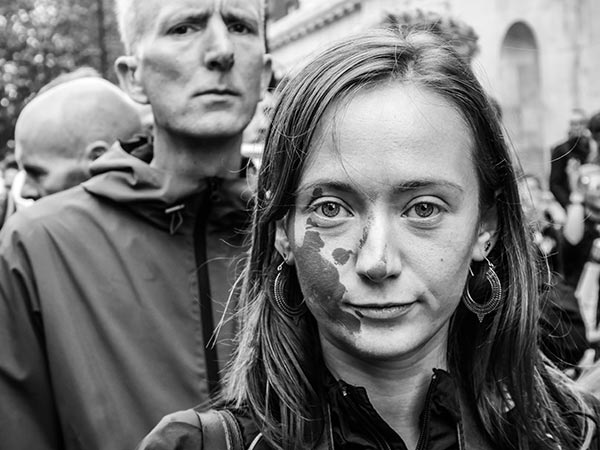


The year in which Owain entered the service of the king of France is uncertain. Lawgoch left again for France in March 1366 and was in French service by 1369 (hostilities in the war were suspended between 13), but adhering to the enemy had his lands in Wales and England confiscated. Thomas died in 1363 and Owain returned from abroad to claim his patrimony in 1365.

Lawgoch entered the military service of Philip IV of France and lived the majority of his life on in mainland Europe. Owain, his only son, was born in Surrey, where his grandfather had acquired the manor of Tatsfield. Rhodri was content to end his life as a country gentleman in England, and though his son Thomas ap Rhodri used the four lions of Gwynedd on his seal he made no attempt to win his inheritance. His son Thomas inherited lands in England in Surrey, Cheshire and Gloucestershire. Another of Llywelyn's brothers, Rhodri ap Gruffydd, renounced his rights in Gwynedd and spent much of his life in England as a royal pensioner. Llywelyn's daughter Gwenllian ferch Llywelyn was committed to a nunnery at Sempringham, while the sons of Dafydd were kept in Bristol Castle until their deaths. Genealogy įollowing the death of Llywelyn the Last in 1282 and the execution of his brother and successor Dafydd ap Gruffudd in 1283, Gwynedd paid fealty to and accepted English rule. As a politically active descendant of Llywelyn the Great in the male line, he was a claimant to the title of Prince of Gwynedd and of Wales. He led a Free Company fighting for the French against the English in the Hundred Years' War. 1330 – July 1378), was a Welsh soldier who served in Lombardy, France, Alsace, and Switzerland.
Principality of redhand full#
Owain Lawgoch (English: Owain of the Red Hand, French: Yvain de Galles), full name Owain ap Thomas ap Rhodri ( c. Arms used by Owain Lawgoch and later Owain Glyndŵr.


 0 kommentar(er)
0 kommentar(er)
